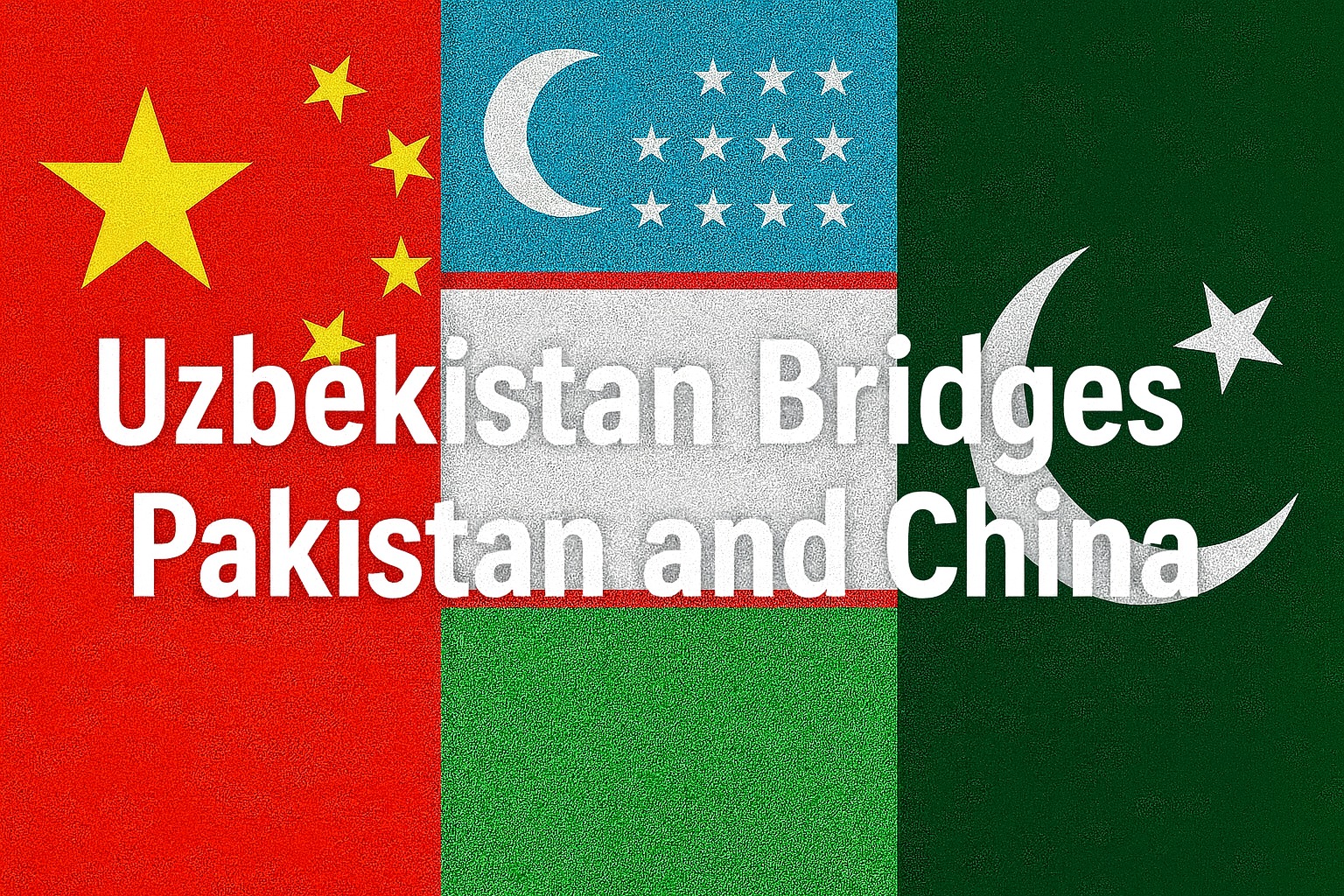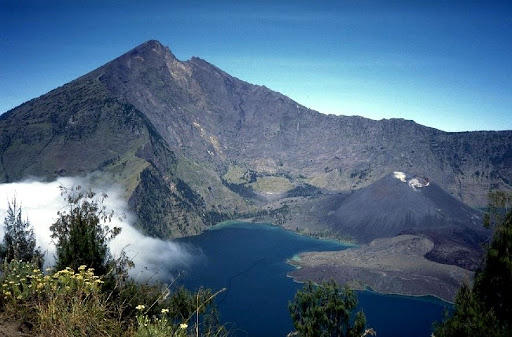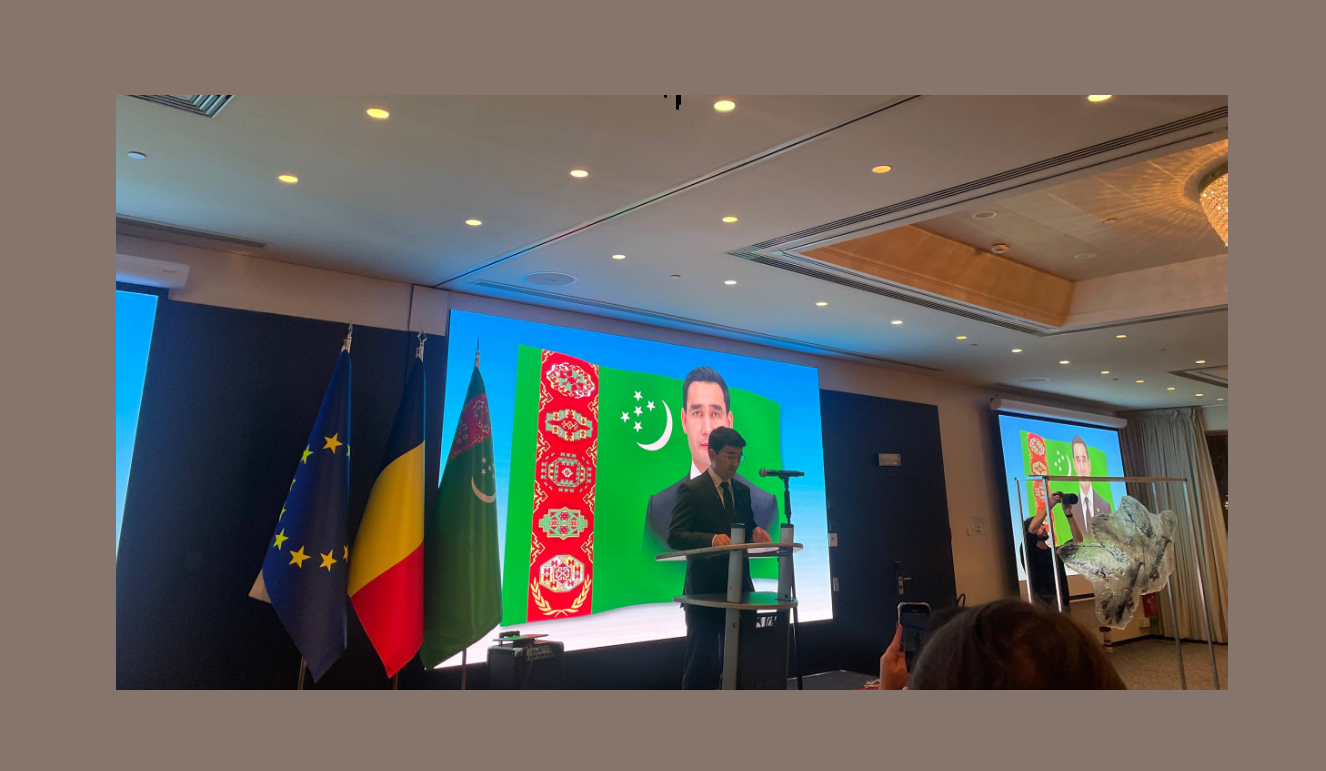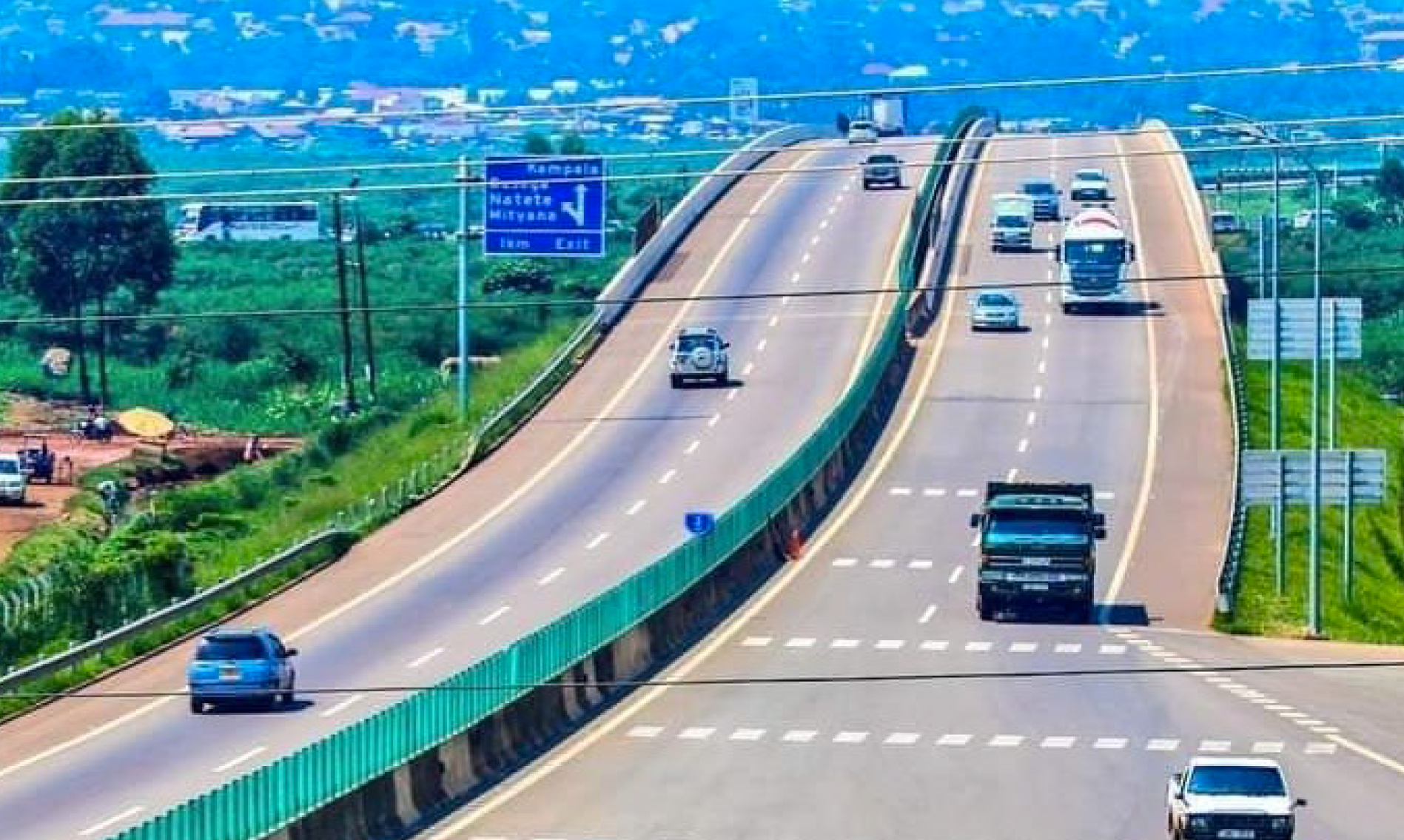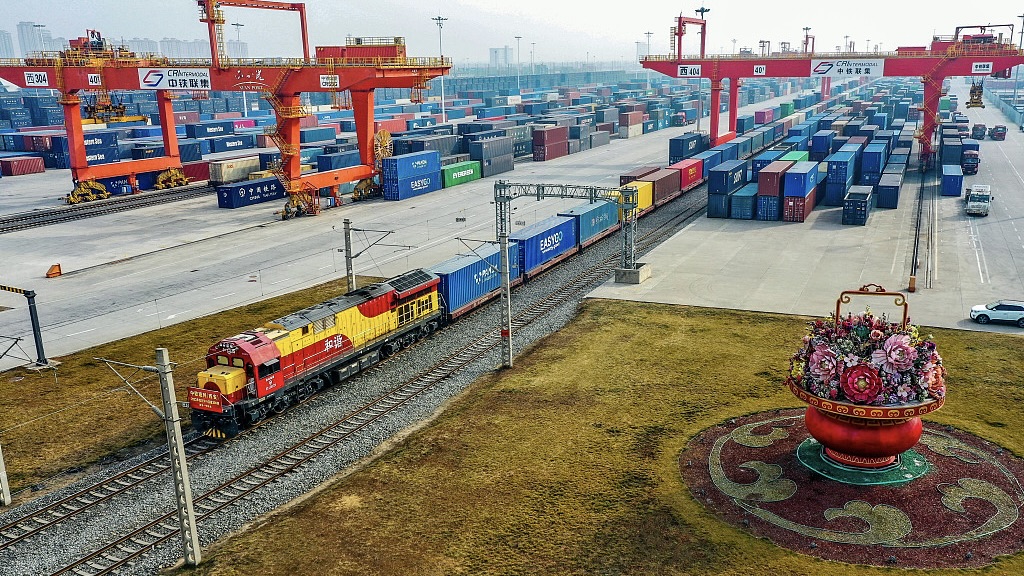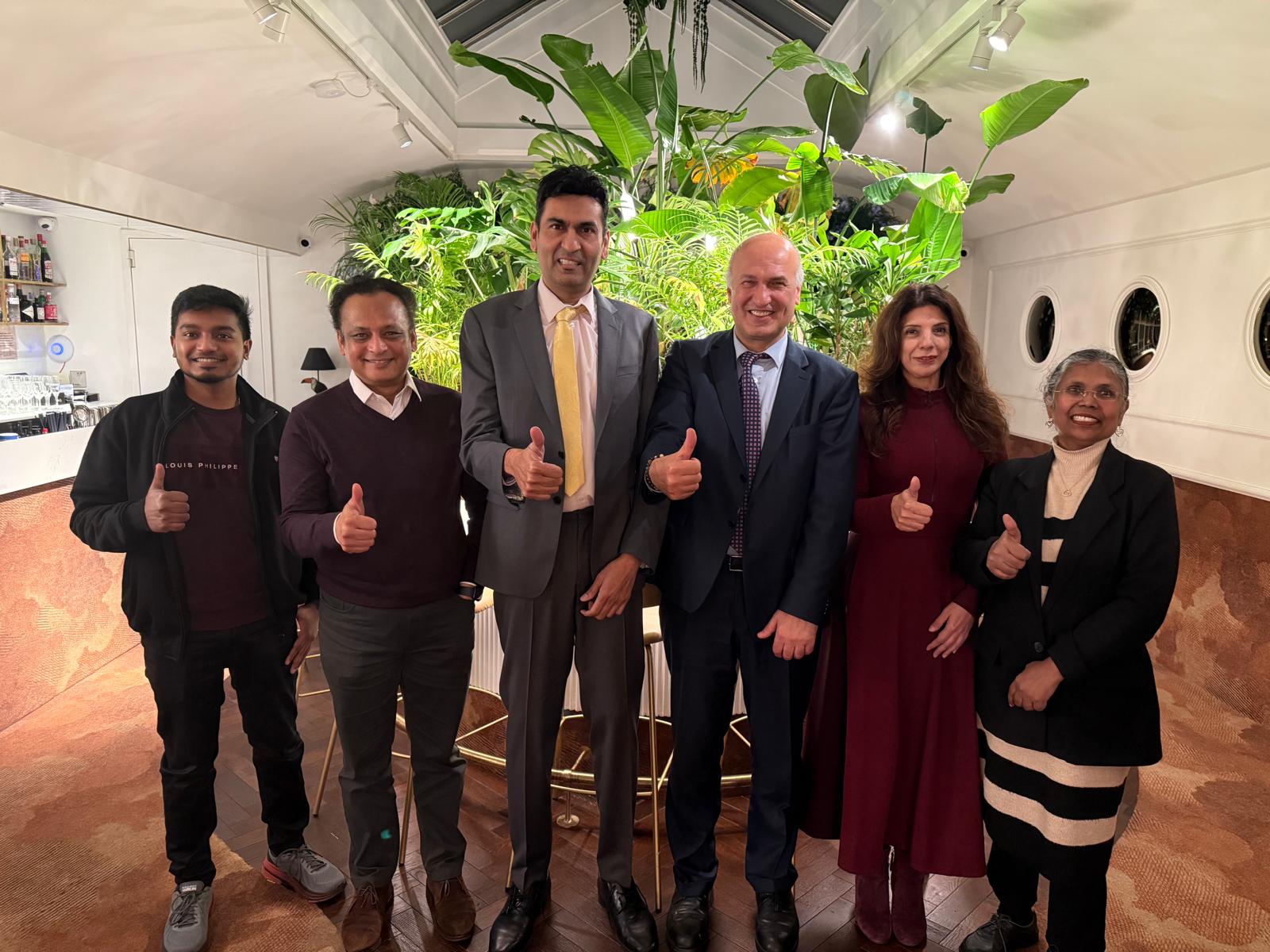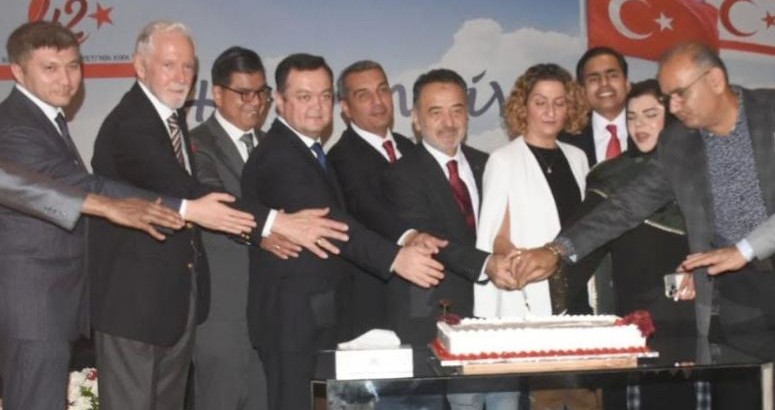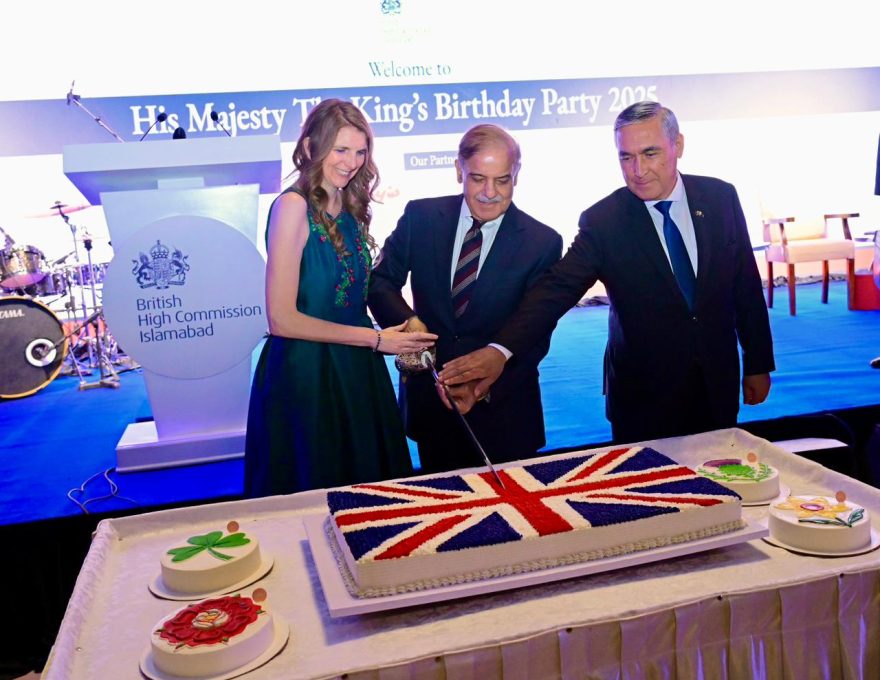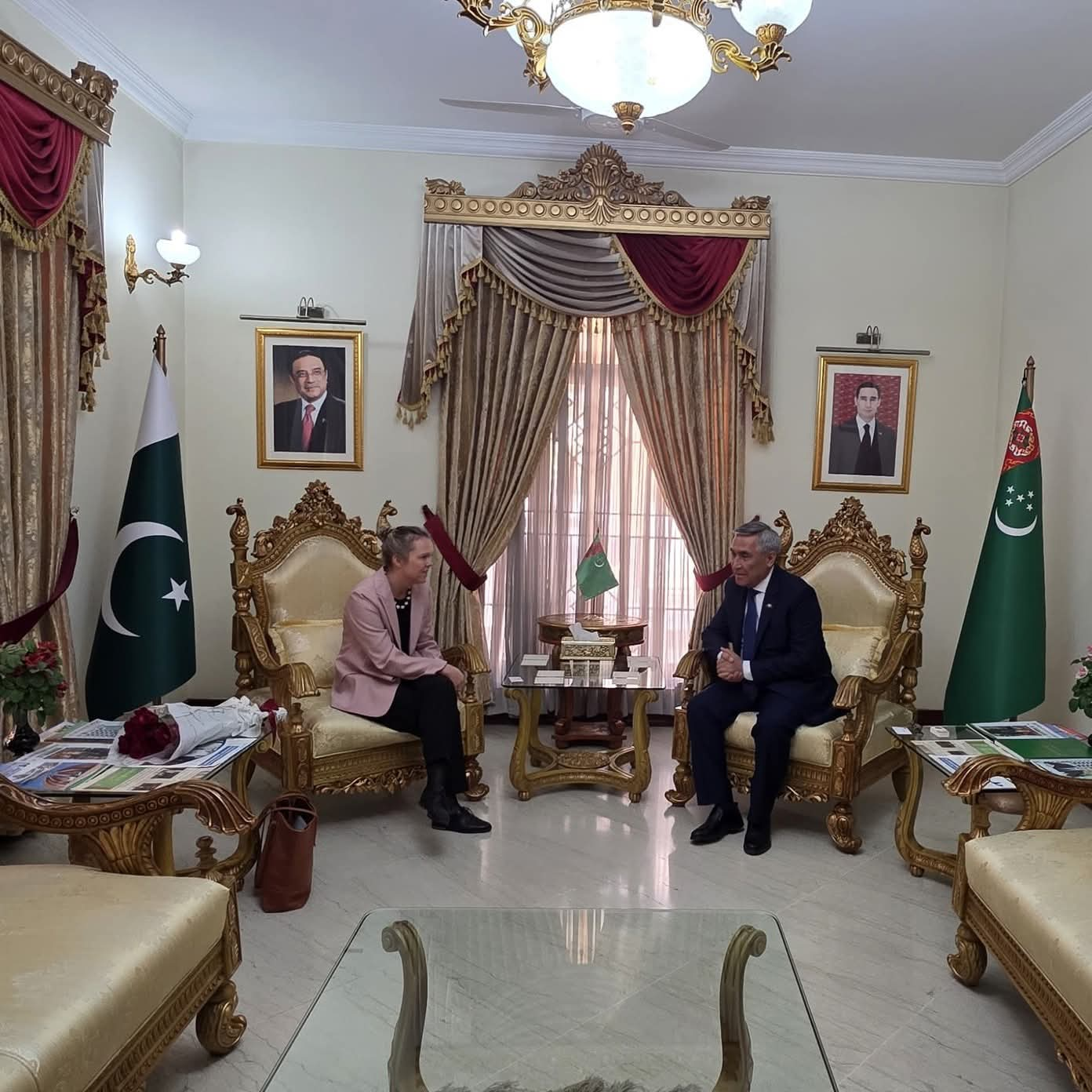With the introduction of the “New Uzbekistan” reform agenda by His Excellency President Shavkat Mirziyoyev, Uzbekistan has emerged as the most dynamic and strategically positioned gateway in Central Asia, creating unprecedented opportunities for building bridges between Pakistan, China, and the broader region. Instead of remaining isolated or pursuing limited engagement, Uzbekistan now follows a foreign policy that is active, constructive, and remarkably focused on people-centered development. The goal of Uzbekistan’s foreign policy under the “New Uzbekistan” reforms agenda is to establish a
peaceful, prosperous, and well-connected nation that works with the world, not apart from it—a vision that perfectly aligns with Pakistan’s regional aspirations and China’s Belt and Road Initiative.
It can be noted that Uzbekistan’s transformation under President Mirziyoyev’s leadership represents one of the most remarkable foreign policy shifts in contemporary Central Asian history. The country has evolved from a relatively closed state to an active regional leader that promotes dialogue, cooperation, and integration. This transformation creates natural synergies with Pakistan’s growing interest in Central Asian markets and China’s connectivity ambitions, positioning Uzbekistan as the crucial bridge that can unlock the full potential of trilateral cooperation.
Uzbekistan’s “New Uzbekistan” Foreign Policy Revolution
One of the most inspiring features of the “New Uzbekistan” approach is its commitment to good neighborliness and regional integration. Looking in the past, it can be observed that for many years, relations between Central Asian countries were limited or tense. Due to this reason, trade, traveling, dialogue, and communication were restricted, and we can say tense relations created significant barriers to regional development. But the new leadership fundamentally changed this direction.
Since President Shavkat Mirziyoyev assumed office, Uzbekistan shifted its foreign policy and placed Central Asia at the heart of its international relations strategy. The leadership understood that cooperation with neighbors is the foundation of regional peace, stability, and economic growth. Since then, Uzbekistan has actively worked to improve and strengthen ties with Kazakhstan, Kyrgyzstan, Tajikistan, Turkmenistan, and Afghanistan. Borders became easier to cross, trade routes opened, and discord was replaced by negotiation and partnership.
Thanks to this approach, Uzbekistan has gained tremendous respect in the region, and Central Asia has now become more stable, united, and widely recognized on the global stage. Uzbekistan successfully resolved 95% of boundary disputes with neighbors, opened multiple border crossings and transit corridors, and now regularly hosts Central Asian summits and international conferences. This transformation demonstrates how visionary leadership can reshape regional dynamics and create new possibilities for cooperation.
Uzbekistan’s foreign policy is no longer defensive or passive. It is optimistic, forward-looking, and built on friendship and mutual benefit. The priorities have changed dramatically. The country prefers dialogue to confrontation, and cooperation to isolation. These changes, which may appear modest to outside observers, have had a huge impact. They have improved Uzbekistan’s image on the global stage and made the country more attractive to investors, tourists, and international partners, including Pakistan and China.
Historical and Cultural Bonds Between Pakistan and Uzbekistan
The historical connections between Pakistan and Uzbekistan run deep through centuries of shared Islamic civilization, Silk Road commerce, and cultural exchange. The 8th century saw Islamic conquest bring shared religious and cultural foundations to both regions. From the 11th-13th centuries, Ghaznavid and Ghurid dynasties established strong political connections between Central and South Asia. In the 16th century, the Mughal Empire created lasting cultural and architectural exchanges that continue to influence both societies today.
We can say that the spiritual and intellectual connections between these regions have been particularly strong. The Hanafi school of Islamic jurisprudence, predominant in both Pakistan and Uzbekistan, provided a common legal and theological framework that facilitated scholarly exchange for centuries. Sufi traditions, especially the Naqshbandi order, established spiritual networks that transcended political boundaries, creating bonds that remain influential in contemporary cultural relations.
It is remarkable how Persian literature and scholarship connected these regions for nearly a millennium. The great Central Asian poets and scholars like Jami, Navai, and Babur found appreciative audiences in South Asian courts, while scholars from the Indian subcontinent contributed significantly to the intellectual life of cities like Samarkand and Bukhara. Modern linguistic analysis reveals substantial vocabulary overlap between Urdu and Uzbek, particularly in administrative, literary, and religious terminology, reflecting this deep historical interaction.
Thanks to this rich heritage, Pakistan and Uzbekistan share natural foundations for cooperation that go beyond mere political or economic interests. The Pakistan Research Center for a Community with Shared Future recognizes these cultural connections as essential building blocks for sustainable international partnerships, understanding that lasting cooperation must be rooted in genuine mutual respect and cultural appreciation.
Uzbekistan’s Multi-Vector Foreign Policy and Regional Leadership
The “New Uzbekistan” reform agenda has not only presented a new vision of cooperative Uzbekistan but has also fundamentally reshaped how the country interacts with major global powers and international organizations. Unlike many countries that rely heavily on a single partner, Uzbekistan follows a balanced and independent foreign policy that welcomes cooperation with all nations, including Russia, China, the United States, the European Union, and regional partners in South Asia, the Middle East, and the Asia-Pacific region.
With the help of this multi-vector foreign policy, the leadership of Uzbekistan ensures that the country maintains strong relations with every major power without becoming involved in great power rivalry or becoming dependent on any one side. This approach has proven particularly valuable in the current global environment, where many countries face pressure to choose sides in international disputes. Uzbekistan’s principled neutrality and commitment to cooperation with all partners makes it an ideal bridge between different regions and systems.
Key Economic Indicators for Uzbekistan (2023): GDP of $69.2 billion, Population of 35.6 million, GDP Growth Rate of 5.8%, and Total Trade Volume of $15.2 billion. These impressive economic fundamentals, combined with ongoing reforms, have made Uzbekistan increasingly attractive to international investors and partners, including those from Pakistan and China.
Uzbekistan’s active participation in international organizations demonstrates its commitment to multilateral cooperation and global governance. Nowadays, Uzbekistan can be seen playing a more visible and influential role in the United Nations, the Shanghai Cooperation Organization (SCO), the Economic Cooperation Organization (ECO), the Organization of Turkic States, and many other regional and international platforms.
Through these organizations, Uzbekistan actively promotes peace, security, cultural exchange, and sustainable development—values that align closely with Pakistan’s foreign policy priorities and China’s concept of a Community with Shared Future.
Pakistan-Uzbekistan Bilateral Relations: Current State and Remarkable Potential
Trade and economic cooperation between Pakistan and Uzbekistan, while historically modest, has shown impressive growth and demonstrates enormous potential for further expansion. Pakistan-Uzbekistan trade statistics for 2023 show remarkable progress: Total Trade Volume reached $180 million, with Pakistan Exports at $120 million,
Pakistan Imports at $60 million, and an impressive 260% growth since 2018. This
dramatic improvement reflects the positive impact of improved political relations and enhanced business connections facilitated by Uzbekistan’s reform agenda.
It can be noted that Pakistan’s textile exports, pharmaceuticals, and surgical instruments are finding growing markets in Uzbekistan, while Pakistani businesses increasingly source cotton, fertilizers, and minerals through Uzbek partners. The complementary nature of the two economies creates natural opportunities for expanded cooperation, with Pakistan’s manufacturing capabilities matching well with Uzbekistan’s agricultural resources and central location.
Transport connectivity represents perhaps the most transformative opportunity for bilateral relations. The proposed Pakistan-Uzbekistan Transit Trade Agreement would establish preferential arrangements for goods movement, while infrastructure projects including road improvements and border facility upgrades could dramatically reduce transportation costs and delivery times. The potential Termez-Mazar-e-Sharif-Kabul-Peshawar corridor, contingent on Afghan stability, offers the most direct route for Pakistan-Central Asia trade integration.
Security collaboration between the two countries focuses on counterterrorism intelligence sharing, border security coordination, and regional stability initiatives. Both Pakistan and Uzbekistan face similar challenges from extremist groups and drug trafficking networks, creating natural incentives for law enforcement cooperation. Pakistan’s extensive experience in counterterrorism operations and Uzbekistan’s regional intelligence capabilities create complementary strengths for addressing shared security concerns.
Thanks to improved diplomatic relations, educational and research partnerships are flourishing. Pakistani universities, particularly those with strong programs in engineering, medicine, and Islamic studies, are establishing formal partnerships with Uzbek institutions. These partnerships facilitate student and faculty exchanges while creating joint research initiatives in areas like water management, sustainable agriculture, and urban planning that address common developmental challenges.
PRCCSF’s Role in Fostering Trilateral Cooperation
The Pakistan Research Center for a Community with Shared Future embodies a vision that resonates perfectly with Uzbekistan’s regional aspirations and commitment to multilateral cooperation based on mutual respect and shared prosperity. PRCCSF’s core principle of building communities that transcend traditional geopolitical divisions aligns closely with Uzbekistan’s “open door” policy and emphasis on regional integration as pathways to sustainable development.
We can say that PRCCSF operates through four complementary pillars that support regional cooperation: conducting policy studies on regional integration and cooperation mechanisms through its Research & Analysis function; organizing academic conferences, seminars, and expert consultations as a Dialogue Platform; implementing training programs and institutional development initiatives for Capacity Building; and building connections between scholars, policymakers, and practitioners through Network Development activities.
Trilateral cooperation opportunities involving Pakistan, Uzbekistan, and China within the Belt and Road Initiative framework demonstrate the practical relevance of PRCCSF’s community-building vision. China’s substantial investments in both Pakistani and Uzbek infrastructure create natural synergies for enhanced regional connectivity, while all three countries share interests in promoting trade facilitation, cultural exchange, and sustainable development.
It is remarkable how the complementary nature of these three economies creates a foundation for mutually beneficial partnerships. China’s manufacturing and technology capabilities, Pakistan’s textile industry and port access, and Uzbekistan’s agricultural resources and central location form a natural triangle of cooperation. PRCCSF’s research agenda supports this trilateral cooperation by conducting detailed feasibility studies on specific projects, analyzing policy frameworks for enhanced integration, and documenting best practices from successful regional cooperation initiatives worldwide.
Connectivity and Economic Op portunities: Building the New Silk Road
Strengthening connectivity represents the most immediate and impactful opportunity for Pakistan-Uzbekistan cooperation, with multiple transport corridors offering potential to transform regional trade patterns. The development of multi-modal transport networks connecting Pakistan’s Karachi and Gwadar ports with Central Asian markets through Uzbekistan could significantly reduce transportation costs and create new economic opportunities for businesses in all participating countries.
Connectivity development encompasses four key areas that demonstrate the scope of potential cooperation: Rail Network development focusing on the Karachi-Peshawar-Tashkent freight corridor; Road Transport improvements including enhanced border crossings and highway upgrades; Digital Connectivity through fiber optic networks and e-commerce platforms; and Air Routes expansion with direct flights and cargo services between major cities.
Thanks to Uzbekistan’s central location and Pakistan’s port access, this connectivity agenda could transform Central Asia’s access to global markets while providing Pakistan with access to vast Central Asian resources and markets. The economic benefits would extend beyond the two countries, as improved connectivity would benefit all Central Asian nations and contribute to broader regional integration.
Digital connectivity initiatives offer particularly transformative potential in the rapidly evolving technology sector. Pakistan’s growing IT services industry and Uzbekistan’s digital transformation agenda create natural synergies for joint ventures in software development, digital payment systems, and technology transfer programs. Cross-border e-commerce platforms could facilitate small and medium enterprise participation in bilateral trade while reducing transaction costs and improving market access.
People-Centered Benefits and Cultural Diplomacy
The foreign policy of “New Uzbekistan” is not limited to diplomacy, trade, or international agreements only. A major focus of this approach is on improving lives and raising living standards for the people of Uzbekistan, Pakistan, and partner countries. For instance, by improving relations with neighbors, Uzbekistan has made travel easier, allowed families to reunite, and increased cross-border trade that supports local and small businesses.
We can say that the people-centered approach of Uzbekistan’s reforms creates direct benefits for Pakistani citizens as well. Enhanced visa facilitation, improved transport links, and expanded educational exchanges make it easier for Pakistani students, businesspeople, and tourists to engage with Central Asia. Similarly, Uzbek citizens gain better access to Pakistani universities, medical facilities, and business opportunities.
Cultural diplomacy, an element often neglected by states in their foreign policy, represents a striking feature of Uzbekistan’s international engagement. The country actively promotes its rich heritage and culture—from the magnificent cities of Samarkand and Bukhara to traditional crafts, music, and cuisine—as a way to strengthen international friendships. Through cultural festivals, student exchange programs, and tourism promotion, Uzbekistan showcases the beauty and hospitality of its culture to the world.
Thanks to this soft-power strategy, Uzbekistan has successfully improved its global image and built long-term relationships with many countries, including Pakistan. The shared Islamic heritage, similar architectural traditions, and common artistic influences create natural foundations for cultural cooperation that can support broader political and economic partnerships.
The Way Forward: Policy Recommendations
It can be noted that institutionalizing Pakistan-Uzbekistan dialogue under PRCCSF would provide sustainable frameworks for policy coordination and implementation monitoring. This should include establishing annual Pakistan-Uzbekistan Strategic Dialogue sessions hosted by PRCCSF, creating working groups on trade, connectivity, and cultural cooperation, developing regular policy briefings for government officials and business leaders, and launching joint research initiatives on regional integration mechanisms.
The development of joint research projects on Central Asian connectivity represents another crucial priority. These should include conducting feasibility studies on transport
corridor development and optimization, researching regional trade facilitation mechanisms and customs procedures, analyzing energy cooperation potential and renewable energy integration, and studying agricultural cooperation opportunities that enhance food security for all participating countries.
We must emphasize the importance of encouraging private sector and civil society engagement alongside government initiatives. This includes establishing a Pakistan-Uzbekistan Business Council with regular trade missions, creating joint investment funds for infrastructure and technology projects, developing sister city partnerships and cultural exchange programs, and launching youth exchange and educational scholarship programs that build lasting people-to-people connections.
The implementation should follow a phased approach: Phase 1 (Year 1) focuses on Foundation Building through establishing PRCCSF dialogue frameworks, conducting initial feasibility studies, and launching pilot exchange programs. Phase 2 (Years 2-3) emphasizes Program Development by implementing transport corridor projects, expanding business partnerships, and establishing joint research centers. Phase 3 (Years 4-5) aims for Scale and Integration through evaluating outcomes, scaling successful initiatives, and integrating lessons learned into broader regional cooperation frameworks.
Building a Shared Future Through Partnership
In short, it can be noted that Uzbekistan’s foreign policy has become remarkably friendly, open, and proactive under the “New Uzbekistan” reform agenda. The country has positioned itself as a leader in promoting regional cooperation, a trusted partner in global diplomacy, and a nation that genuinely values peace, stability, and progress. By improving relations with neighboring countries, expanding global partnerships, and connecting its economy with the world, Uzbekistan is building a bright future not only for its own people but for the entire region.
Thanks to this transformation, Uzbekistan now serves as the ideal bridge between Pakistan’s growing economy and Central Asia’s vast resources, while also facilitating China’s Belt and Road Initiative in the region. The Pakistan Research Center for a Community with Shared Future provides the intellectual platform needed to develop and implement innovative approaches to trilateral cooperation that respect national sovereignty while pursuing shared objectives in economic development, cultural preservation, and environmental sustainability.
The future belongs to nations that build bridges of understanding, create networks of cooperation, and pursue shared prosperity through mutual respect and collaborative
innovation. Uzbekistan, Pakistan, and China, working together through frameworks like PRCCSF, can demonstrate to the world that it is possible to build a community with a shared future based on equality, mutual benefit, and common development. This vision requires collective leadership, sustained commitment, and the courage to transform opportunities into lasting partnerships that contribute to regional stability and global prosperity.

Imran Bhatti, PMP, M.Phil GPP, is a distinguished policy analyst and project management professional specializing in regional cooperation and sustainable development.
